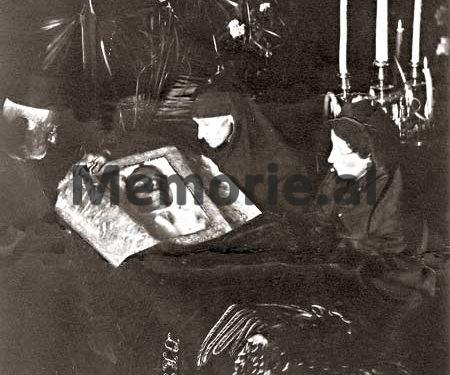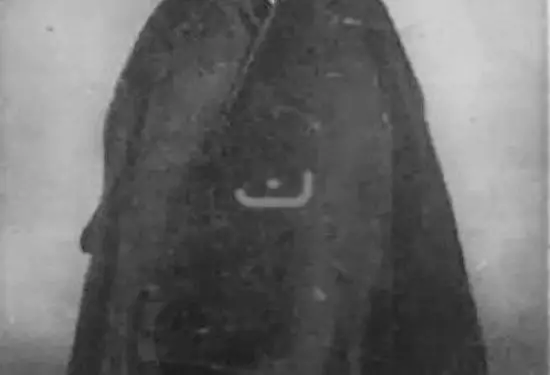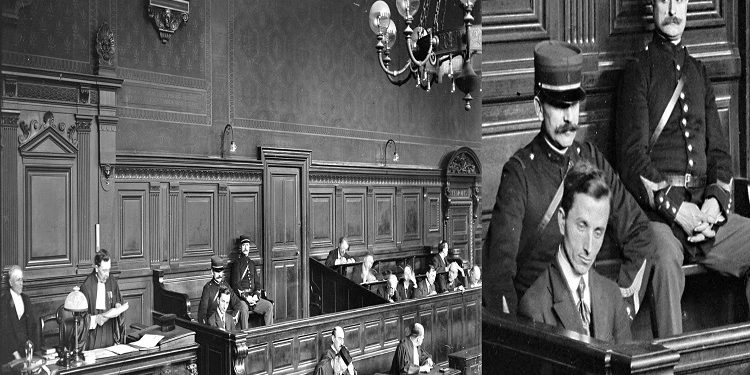By Dr. Dorian Koçi
Memorie.al / The French writer Anatole France, in his work The Crime of Sylvestre Bonnard, notes with irony that; “history, once an art that allowed all the fantasies of the imagination, has today become a science, in which one must proceed with a meticulous method”. This reflection, although literary and not methodological, expresses a common sensitivity in European thought of the time, on the need to treat history as a more rigorous and objective discipline. These trends would later be articulated in a structured manner by the French School of Annales, founded by Marc Bloch and Lucien Febvre, which emphasized social analysis, long-term structures and interdisciplinary interconnection in historiography.
In Albania, the impact of these approaches began to be felt only after the 1990s, when Albanian historiography broke away from dogmatic Marxist-Leninist models and began to open up to contemporary Western methodologies.
History as an Ideological Instrument: The Case of Avni Rustemi
Before the 1990s, Albanian history often served as an ideological instrument, where the boundary between fact and myth was blurred. Anatole France’s concept of “fantasies of the imagination” reflected the historical reality of the period, where constructed histories could often be filled with mythifications and romanticisms of certain periods. The history described by the communist regime, in particular, was laden with Marxist-Leninist values and used it to consolidate the legitimacy of power.
This historiography tended to create the heroism of those who had collaborated with the regime and to demonize opponents, a practice that often conflicted with the true picture of historical events and figures. After the 1990s, this rewriting process was accompanied by an attempt to reevaluate and rewrite historical figures, but not always objectively.
Often, the rewriting of history after communism has been an attempt to create a new narrative, but often with opposing ideological content. This process, however, has not always managed to achieve an in-depth and accurate approach. In this context, the figure of Avni Rustemi is a typical example of the distorted historiographical treatment in this period.
The Figure of Avni Rustemi and the Memories of Eqerem Bey Vlorës
One of the most contested aspects of the assessment of Avni Rustemi’s figure has been his representation in the memoirs of Eqerem Bey Vlorës. These memoirs, published after 1990, portray Rustemi as a “criminal and a scoundrel,” transforming his murder into a praiseworthy act of revenge. This judgment is a typical example of a one-sided and inaccurate rewriting of history, which tarnishes the image of an important figure like Avni Rustemi, who was a democratic activist and an initiator of efforts for social reform.
Vlorës’ memoirs, although they provide a snapshot of the events of the period and are a valuable secondary source, are filled with deep-rooted political prejudices and positions. They tend to divide Albanians into two opposing groups, the “Esatists” and the “Zogists”, ignoring the pragmatic cooperation between these two factions at the time of Rustem’s liquidation. This historiographical treatment is an example of ignoring an in-depth and objective approach, in order to give space to one-sided political narratives.
Popular sensitivity towards Avni Rustem and the return to the homeland
After his release from the French court in December 1920, Avni Rustem’s return to Albania was received with extraordinary enthusiasm by the people. The Gjirokastra newspaper “Drita” describes this event with an emotional charge and with a clear emphasis on his popular support. The Albanian people did not see him only as a figure of ideological wars, but as a protagonist of hope for a modernized and democratized Albania. This moment of return cannot be fully understood without considering the context of the period and the close ties he established with the progressive groups of the time.
Avni Rustemi was a representative of a democratic movement that sought to create a more direct and just Albanian state for its citizens. His activities in organizing teachers, founding the “Bashkimi” society, and efforts for reforms in education and agriculture also testify to a sincere commitment to the modernization of Albanian society. This dimension of his figure must be taken into account to understand his contribution to the formation of a new Albania.
Avni Rustemi and Albanian modernization
In the period 1921–1924, Rustemi was one of the main figures of a group known as the reformist group, which included personalities such as Fan Noli, Luigj Gurakuqi, and Ali Këlcyra. This group was committed to a reformist platform that aimed to break away from feudal structures and advance economic, agrarian, legal, and educational reforms.
His efforts for a fair agrarian system, through the adoption of the “model contract”, and for the allocation of lands to Albanian settlers displaced from Kosovo and Chameria, were concrete steps towards the realization of reforms that would be important for the development of the Albanian state. In the cultural and educational fields, Avni Rustemi’s activity contributed to the establishment of national education and to the creation of a visible break from Ottoman influence, a key element for the emancipation of Albanian society.
The assassination of Avni Rustemi and the political consequences
The assassination of Avni Rustemi on April 22, 1924, not only marked a loss for the democratic movement, but also accelerated political change in Albania. It led to a wave of mass protests in cities such as Vlorë, Gjirokastër, Shkodër and Tirana and served as a catalyst for the June 1924 Movement, which aimed to overthrow the old power structures and help create a more democratic government in Albania.
Conclusions
The figure of Avni Rustemi is much more than a symbol of violence, or a protagonist in a strictly ideological history. He represents a period of transition and a generation that saw Albania emancipated through political and social reforms. The review of history should not be done through the prism of class hatred or nostalgia for old regimes, but with a fair, critical approach and, above all, with the aim of shedding light on the truth. Memorie.al














